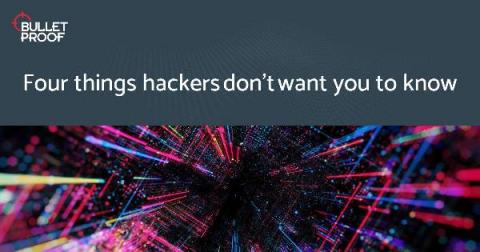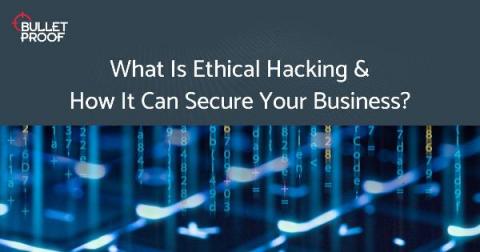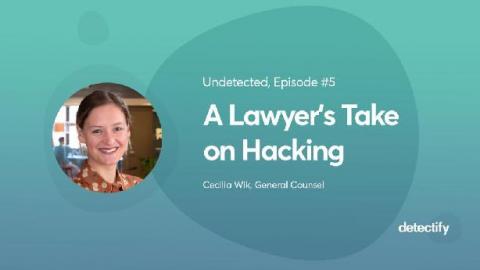Four things hackers don't want you to know
It’s something of a cliché to say that hackers are shady types, often lurking in the shadows. Usually this is just a metaphor, though if you take stock imagery at face value, you’d be forgiven for thinking they only ever appear at night whilst wearing a hoodie. Like most clichés however, this contrivance does have an element of truth in it. The fact is that hackers often work just as hard to keep themselves and their tactics hidden as they do to find vulnerabilities to exploit.











